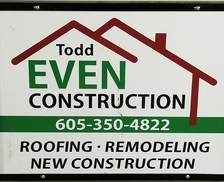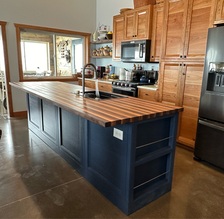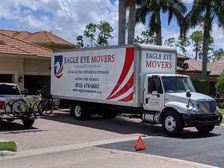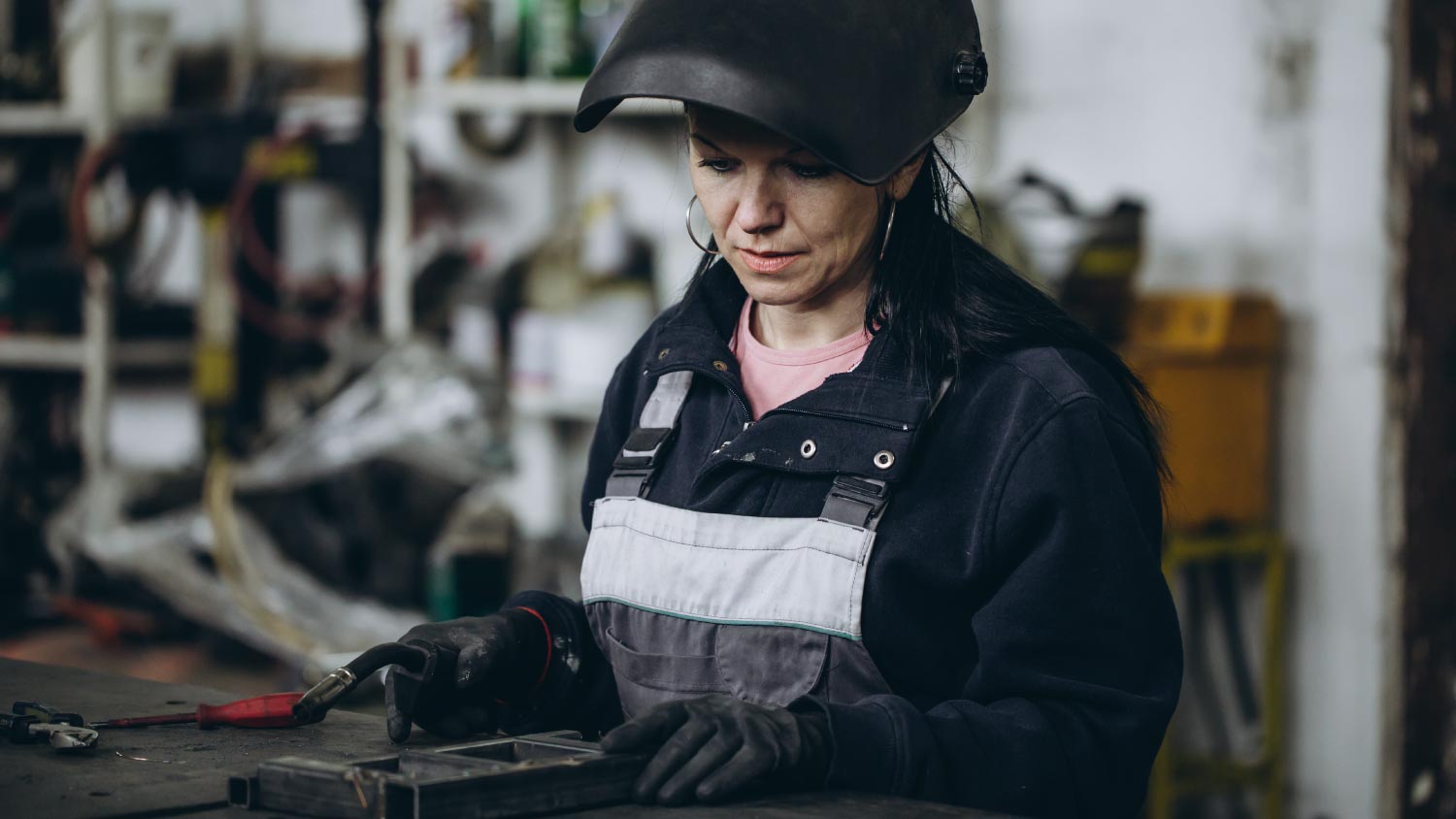
Get matched with top welders in Marion, SD
Enter your zip and get matched with up to 5 pros
Need a pro for your welding project in Marion, SD?
Verified Reviews for Welding pros in Marion, SD
*The Angi rating for Welding companies in Marion, SD is a rating based on verified reviews from our community of homeowners who have used these pros to meet their Welding needs.
*The HomeAdvisor rating for Welding companies in Marion, SD is a rating based on verified reviews from our community of homeowners who have used these pros to meet their Welding needs.
Last update on January 18, 2026
Find Welders in Marion

Dunn's Forge
Dunn's Forge
Marine Veteran Custom blacksmith/knifesmith Professional welder Metal Fabrication CnC plasma cutting services Powder coating services Metal/wood furniture designer/maker/ fence and gate installation and design
"We were very happy with the entire process. It was great to work with someone committed to doing a good job. We were apprised of the project and its progress. The finished project looks great and will suit our needs. We would highly recommend Dunn’s Forge/Fencing. It was a pleasure doing business with a company that is customer friendly. Thank you!!"
Christine S on April 2021
Marine Veteran Custom blacksmith/knifesmith Professional welder Metal Fabrication CnC plasma cutting services Powder coating services Metal/wood furniture designer/maker/ fence and gate installation and design
"We were very happy with the entire process. It was great to work with someone committed to doing a good job. We were apprised of the project and its progress. The finished project looks great and will suit our needs. We would highly recommend Dunn’s Forge/Fencing. It was a pleasure doing business with a company that is customer friendly. Thank you!!"
Christine S on April 2021

Hampton Enterprise LLC
Hampton Enterprise LLC
Our mission at Hampton Enterprise LLC is to provide clients with superior customer service, quality work and speedy service in all aspects of their home improvement needs. Licensed, insured and trusted since 1989; come discover the Hampton difference today! We specialize in the installation and repair of Windows, Doors, Flooring, Sinks, Bathtubs, Showers, Sprinkler Systems and much more. We also offer Interior and Exterior Home Painting, Custom Welding Fabrication and Carpentry.Localy in your area just call and i will call back with a local number thank you . from James Hampton AL.Dothan 334-648-3817, AL Birmingham 334-648-3817, AL Huntsville 334-648-3817, AL Mobile 334-648-3817, AL Tuscaloosa 334-648-3817, AL Montgomery 334-578-4761, AR Little Rock 334-648-3817, AZ Phoenix 334-648-3817, CA LosAngeles/Sacramento 334-648-3817, CO Denver/Colorado Springs 334-648-3817, CT Hartford 334-648-3817, DE Dover 334-648-3817, FL Tallahassee 334-648-3817, FL Cape Canaveral/ Cocoa 334-648-3817, FL. Destin 334-648-3817, FL Gainsville 334-648-3817 Fl Jacksonville 334-648-3817, FL Orlando 334-648-3817, FL Panama City 334-648-3817, FL Tampa 334-648-3817, FL Miami 334-648-3817, GA Atlanta 334-648-3817, GA Albany 334-648-3817, GA Augusta 334-648-3817, GA Columbus 334-648-3817, GA Macon 334-648-3817, GA Valdosta 334-648-3817, IA Des Moines 334-648-3817, ID Boise 334-648-3817, IL Chicago/Springfield 334-648-3817, IN Indianapolis 334-648-3817, KS Levenworth/Topeka 334-648-3817, KY Frankfort 334-648-3817, LA New orleans/Baton Rouge 334-648-3817, MA Boston 334-648-3817, MD Annapolis 334-648-3817, ME Augusta 334-648-3817, MI Detroit/Lansing 334-648-3817, MN Saint Paul 334-648-3817, MO kansas City/Jefferson City 334-648-3817, MS Jackson 334-648-3817, MS Biloxi 334-648-3817, MS Gulf Port 334-648-3817, MT helena 334-648-3817, NC Raleigh 334-648-3817, ND Bismark 334-648-3817, NE Lincoln 334-648-3817, NJ Trenton 334-648-3817, NM Santa Fe 334-648-3817, NV Carson City 334-648-3817, NV Las Vegas 334-648-3817 NY Albany 334-648-3817, OH Columbus 334-648-3817, OK Oklahoma Ciy 334-648-3817, OR Salem 334-648-3817, PA harrisburg 334-648-3817, RI Providence 334-648-3817, SC Columbia 334-648-3817, SD Pierre 334-648-3817, TN nashville 334-648-3817, TX Austin 334-648-3817, UT Salt Lake City 334-648-3817, VA Richmond 334-648-3817, VT montpelier 334-648-3817, WI Madison 334-648-3817, WV Charleston 334-648-3817, WY Cheyenne 334-648-3817
"They guys suck."
Penny S on February 2024
Our mission at Hampton Enterprise LLC is to provide clients with superior customer service, quality work and speedy service in all aspects of their home improvement needs. Licensed, insured and trusted since 1989; come discover the Hampton difference today! We specialize in the installation and repair of Windows, Doors, Flooring, Sinks, Bathtubs, Showers, Sprinkler Systems and much more. We also offer Interior and Exterior Home Painting, Custom Welding Fabrication and Carpentry.Localy in your area just call and i will call back with a local number thank you . from James Hampton AL.Dothan 334-648-3817, AL Birmingham 334-648-3817, AL Huntsville 334-648-3817, AL Mobile 334-648-3817, AL Tuscaloosa 334-648-3817, AL Montgomery 334-578-4761, AR Little Rock 334-648-3817, AZ Phoenix 334-648-3817, CA LosAngeles/Sacramento 334-648-3817, CO Denver/Colorado Springs 334-648-3817, CT Hartford 334-648-3817, DE Dover 334-648-3817, FL Tallahassee 334-648-3817, FL Cape Canaveral/ Cocoa 334-648-3817, FL. Destin 334-648-3817, FL Gainsville 334-648-3817 Fl Jacksonville 334-648-3817, FL Orlando 334-648-3817, FL Panama City 334-648-3817, FL Tampa 334-648-3817, FL Miami 334-648-3817, GA Atlanta 334-648-3817, GA Albany 334-648-3817, GA Augusta 334-648-3817, GA Columbus 334-648-3817, GA Macon 334-648-3817, GA Valdosta 334-648-3817, IA Des Moines 334-648-3817, ID Boise 334-648-3817, IL Chicago/Springfield 334-648-3817, IN Indianapolis 334-648-3817, KS Levenworth/Topeka 334-648-3817, KY Frankfort 334-648-3817, LA New orleans/Baton Rouge 334-648-3817, MA Boston 334-648-3817, MD Annapolis 334-648-3817, ME Augusta 334-648-3817, MI Detroit/Lansing 334-648-3817, MN Saint Paul 334-648-3817, MO kansas City/Jefferson City 334-648-3817, MS Jackson 334-648-3817, MS Biloxi 334-648-3817, MS Gulf Port 334-648-3817, MT helena 334-648-3817, NC Raleigh 334-648-3817, ND Bismark 334-648-3817, NE Lincoln 334-648-3817, NJ Trenton 334-648-3817, NM Santa Fe 334-648-3817, NV Carson City 334-648-3817, NV Las Vegas 334-648-3817 NY Albany 334-648-3817, OH Columbus 334-648-3817, OK Oklahoma Ciy 334-648-3817, OR Salem 334-648-3817, PA harrisburg 334-648-3817, RI Providence 334-648-3817, SC Columbia 334-648-3817, SD Pierre 334-648-3817, TN nashville 334-648-3817, TX Austin 334-648-3817, UT Salt Lake City 334-648-3817, VA Richmond 334-648-3817, VT montpelier 334-648-3817, WI Madison 334-648-3817, WV Charleston 334-648-3817, WY Cheyenne 334-648-3817
"They guys suck."
Penny S on February 2024
Allstar Roofing LLC
Allstar Roofing LLC
roofing and construction
roofing and construction
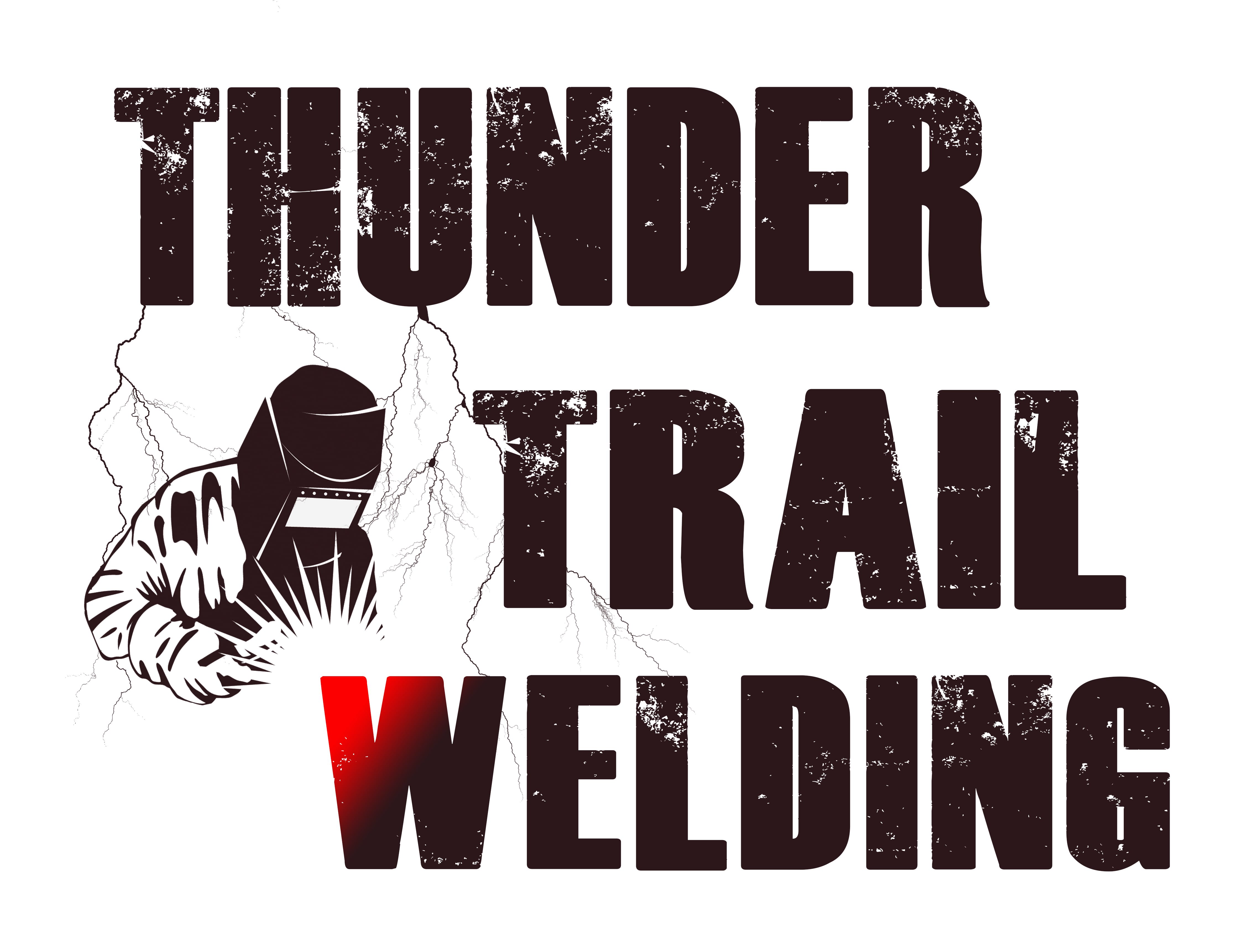
Thunder Trail Welding
Thunder Trail Welding
We provide welding services, are mobile, and dedicated to providing the best service and quality! No job too big or small! Time efficiency and quality are our top priority. Willing to work with you on providing you with your needs!
We provide welding services, are mobile, and dedicated to providing the best service and quality! No job too big or small! Time efficiency and quality are our top priority. Willing to work with you on providing you with your needs!
OKEE DOKEE WELDING
OKEE DOKEE WELDING
I work solo on most of my jobs i do. I have experience with many types of metal i got certified for aluminum welding. The most common things that i work in at my shop are boats with holes in them or their propellers, also i fix alot of radiators.
I work solo on most of my jobs i do. I have experience with many types of metal i got certified for aluminum welding. The most common things that i work in at my shop are boats with holes in them or their propellers, also i fix alot of radiators.
Tig Artistics, LLC
Tig Artistics, LLC
Welding and Fabrication: Tig and Mig Welding. Structural, framing, fencing, concessions, canopy units, special orders. Aluminum alloy. Experienced in Stainless Steel as well.
Welding and Fabrication: Tig and Mig Welding. Structural, framing, fencing, concessions, canopy units, special orders. Aluminum alloy. Experienced in Stainless Steel as well.
S&S Construction
S&S Construction
We are a family Owed business, Certified foundation repair specialist. local Grip-Tite foundation systems dealer.
We are a family Owed business, Certified foundation repair specialist. local Grip-Tite foundation systems dealer.
Z4 Welding
Z4 Welding
Welding services. Just starting my own business in welding. I have several years of experience in the field.
Welding services. Just starting my own business in welding. I have several years of experience in the field.
Witts sand and gravel
Witts sand and gravel
Hauling gravel . Digging and Excavating. Trenching. Welding and Fabrication
Hauling gravel . Digging and Excavating. Trenching. Welding and Fabrication
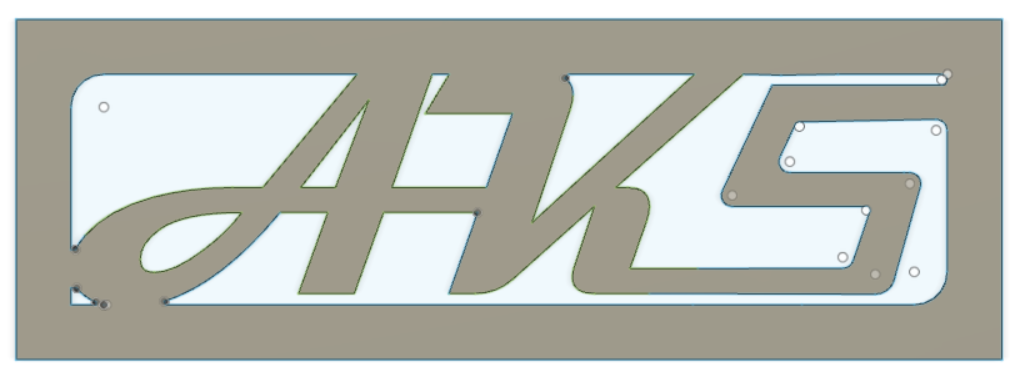
AKS Cutting LLC
AKS Cutting LLC
We can cut any parts you can think of. We can cut anything from 14gauge up to 3/4" thick. Or turn around rate is one of the fastest as we can usually have any of your needs built withing 24 hours.
We can cut any parts you can think of. We can cut anything from 14gauge up to 3/4" thick. Or turn around rate is one of the fastest as we can usually have any of your needs built withing 24 hours.
- Parker, SD Welders
- Freeman, SD Welders
- Hurley, SD Welders
- Bridgewater, SD Welders
- Canistota, SD Welders
- Viborg, SD Welders
- Lennox, SD Welders
- Montrose, SD Welders
- Menno, SD Welders
- Hartford, SD Welders
- Tea, SD Welders
- Irene, SD Welders
- Emery, SD Welders
- Salem, SD Welders
- Centerville, SD Welders
- Worthing, SD Welders
- Humboldt, SD Welders
- Crooks, SD Welders
- Harrisburg, SD Welders
- Alexandria, SD Welders
- Colton, SD Welders
- Lyons, SD Welders
- Sioux Falls, SD Welders
- Scotland, SD Welders
- Renner, SD Welders
- Beresford, SD Welders
- Canton, SD Welders
- Baltic, SD Welders
- Brandon, SD Welders
- Parkston, SD Welders
- Insulation in Marion
- Landscaping in Marion
- Cleaning in Marion
- Carpet Cleaning in Marion
- Siding in Marion
- Garage Doors in Marion
- Home Builders in Marion
- Septic Tank in Marion
- Roofing in Marion
- Plumbing in Marion
- Kitchen And Bath Remodeling in Marion
- Tree Service in Marion
- Electrical in Marion
- Windows in Marion
- Concrete Repair in Marion
- Cleaning in Marion
- Siding in Marion
- Exterior Painting in Marion
- Landscaping in Marion
- Flooring in Marion
- Home Builders in Marion
- Foundation Repair in Marion
- Lawn And Yard Work in Marion
- Insulation in Marion
- Doors in Marion
- Garage Doors in Marion
- Concrete Driveways in Marion
- Epoxy Flooring in Marion
- Drywall in Marion
- Handyman Service in Marion
- 🌱 "Mow a small front yard"
- 🛠 "Fix a leaking pipe under the sink"
- 🏠 "Repair shingles on an asphalt roof"


